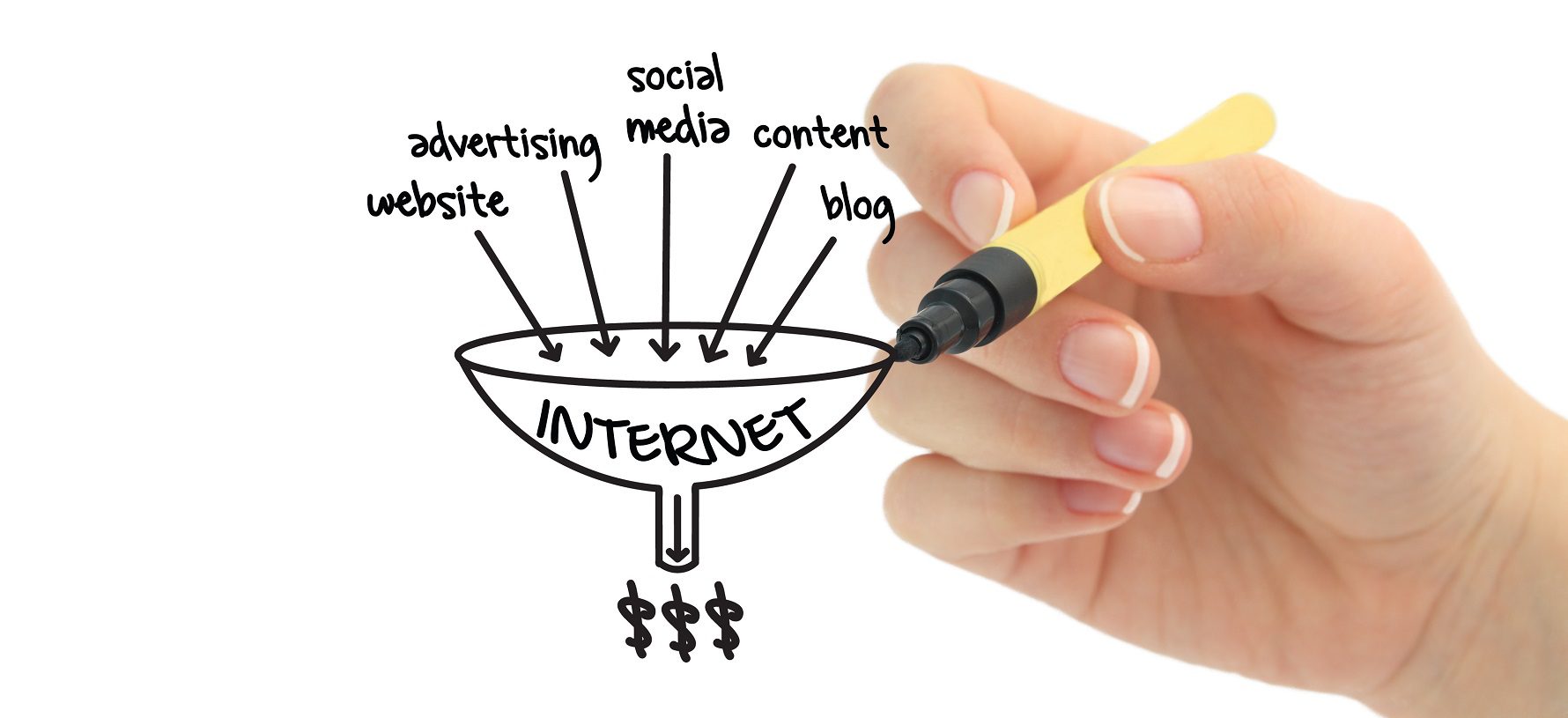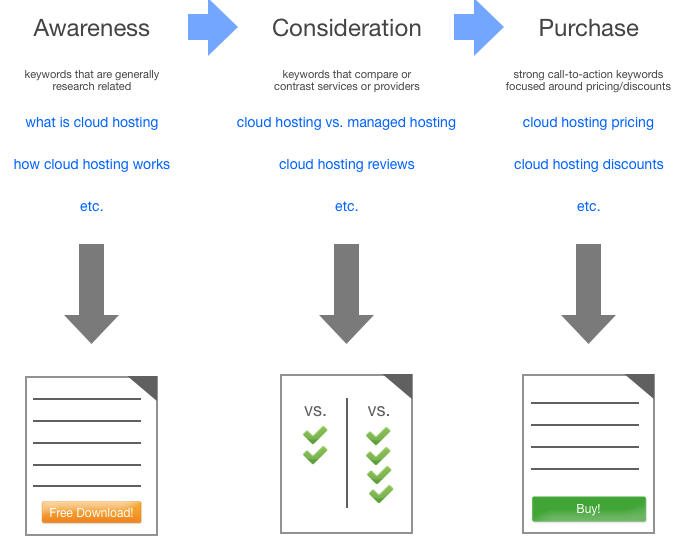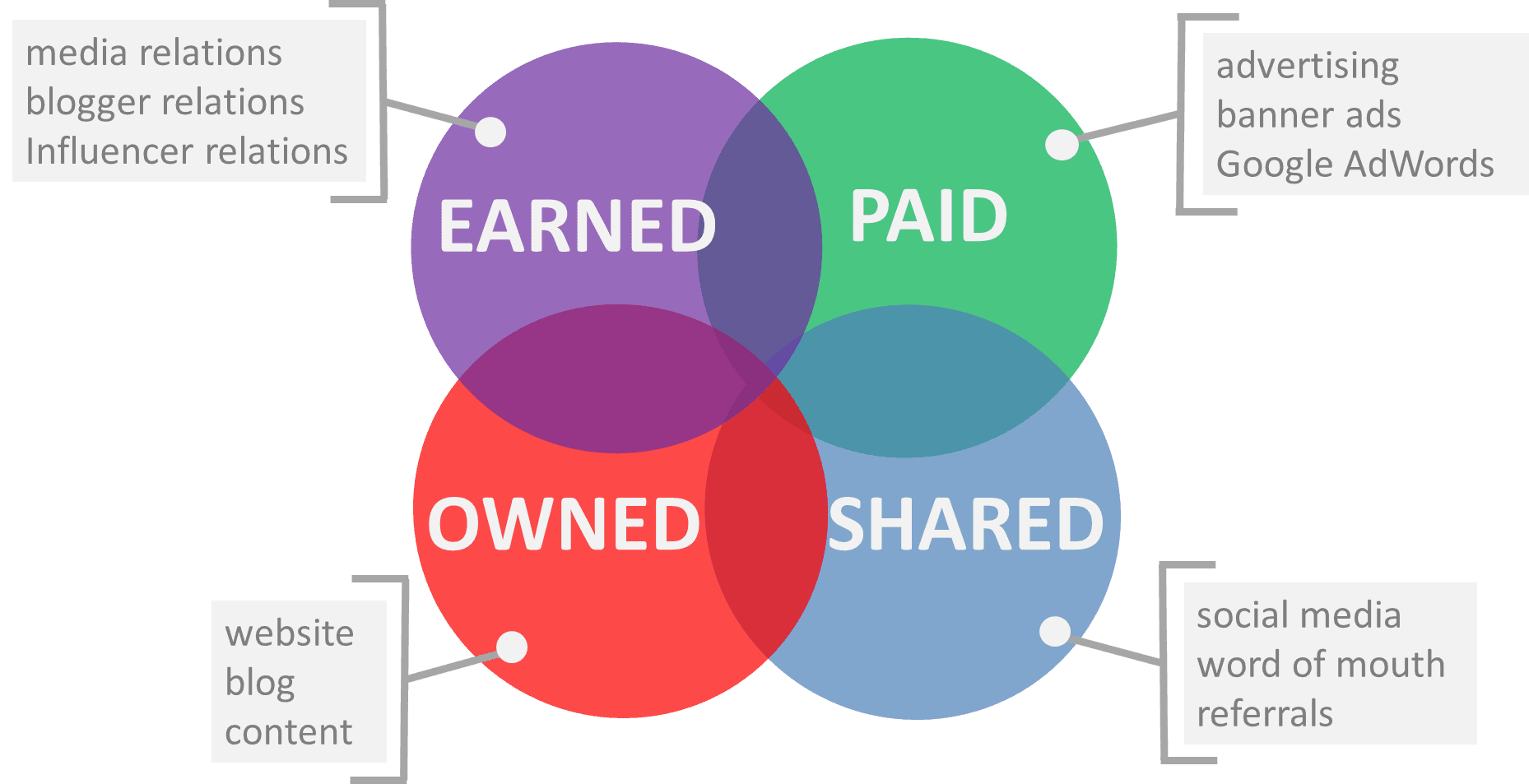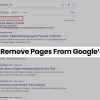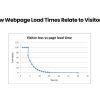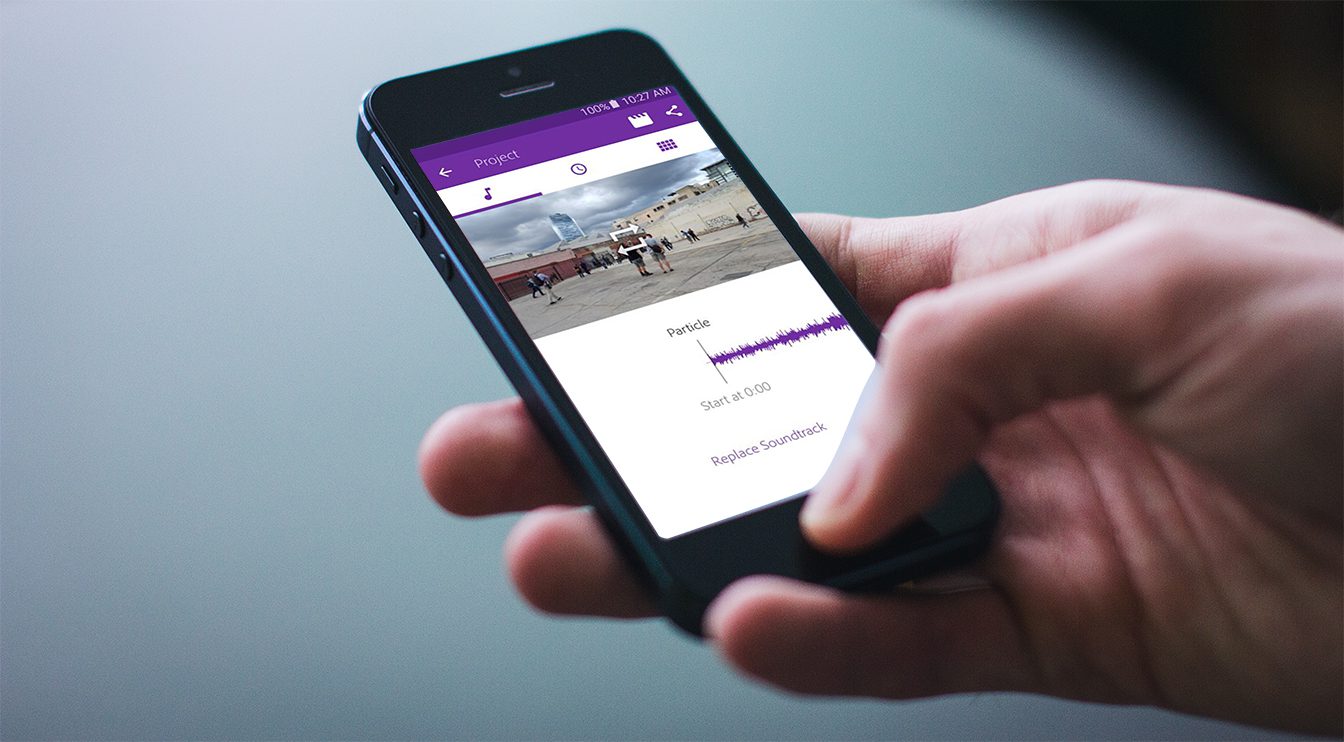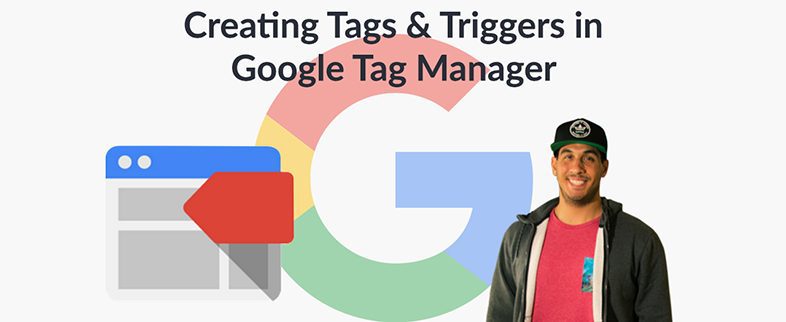Every now and then we have customers who want to cancel their service because the SEO effort has not generated an ROI in terms of sales through the website. While this is certainly reasonable to assume, it’s almost an unfair proposition given the amount of external factors unrelated to SEO that can drive a “sale” on a website.
Consider that the first and foremost goal of search engine optimization is to raise the visibility of the website in the search engines, by increasing the organic rankings for a variety of keywords related to the business.
So the basic equation then, is that SEO leads to higher rankings, higher rankings lead to an increase in traffic, and the increase in traffic leads to an increase in sales. Seems reasonable on the surface, right?
However, as we analyze this thought process, we see that the “increase in sales” goal, or directive, is all the way at the end of the funnel. When most SEO engagements start off, the conversation revolves around keywords of importance, content, links and maybe expected traffic increases — but almost never conversion rates. You might be able to fairly assume that the existing conversion rate could be applied to the new traffic generated from the SEO effort, but the discussion really requires further investigation of the design, usability, and other factors that lead to a sale. Now we’re not just talking about SEO; we’re also talking about conversion optimization, and A/B testing to get to the desired results–a service that the SEO firm may not be performing, involved with, or even have control over.
The second problem lies in the “keywords related to the business” statement. I can tell you that most customers don’t know for certain which keywords drive sales. If we did, we’d just focus on only those words and solve the sales problem. But the answer is far more convoluted than you would think. They may know what they’d like to be found for, but for the most part, those terms are not keywords with “buying intent.” Also, what about click attribution? When does PPC get the credit, versus SEO?
So I offer an attempt at a solution to this madness.
First, with customers who are “green” at the whole SEO or Internet marketing thing, you could propose a 3 or 4 month PPC campaign, target a variety of keywords, and measure which had the best conversion rate. You could take this same performance logic and apply it to the SEO campaign, and hope for the same, or similar results. In my opinion, visits through a paid channel should come with increased buying intent, as opposed to the organic channel, which could be more research-oriented visits — but I can’t say for sure.
Second, we could perhaps do a better job as SEO-ers in terms of classifying the keyword targets into the marketing/sales funnel. The typical marketing or sales funnel has 3 sections: Awareness, Consideration and Purchase. Ideally, a keyword in the Awareness channel will create a lead for you to nurture, but not a hard sale, as might a keyword in the Purchase funnel. In my illustration of a fictitious hosting company, you can see how you might bucket these keywords:
So as we get better as marketers about driving results, it’s clear that the most important step is to set the expectations correctly up front — not just in terms of rankings or traffic, but also about sales. Have that conversation up front and make sure everyone knows what they’re signing up for. Because if you’re used to a sprint, you’ll need to start training for a marathon.


